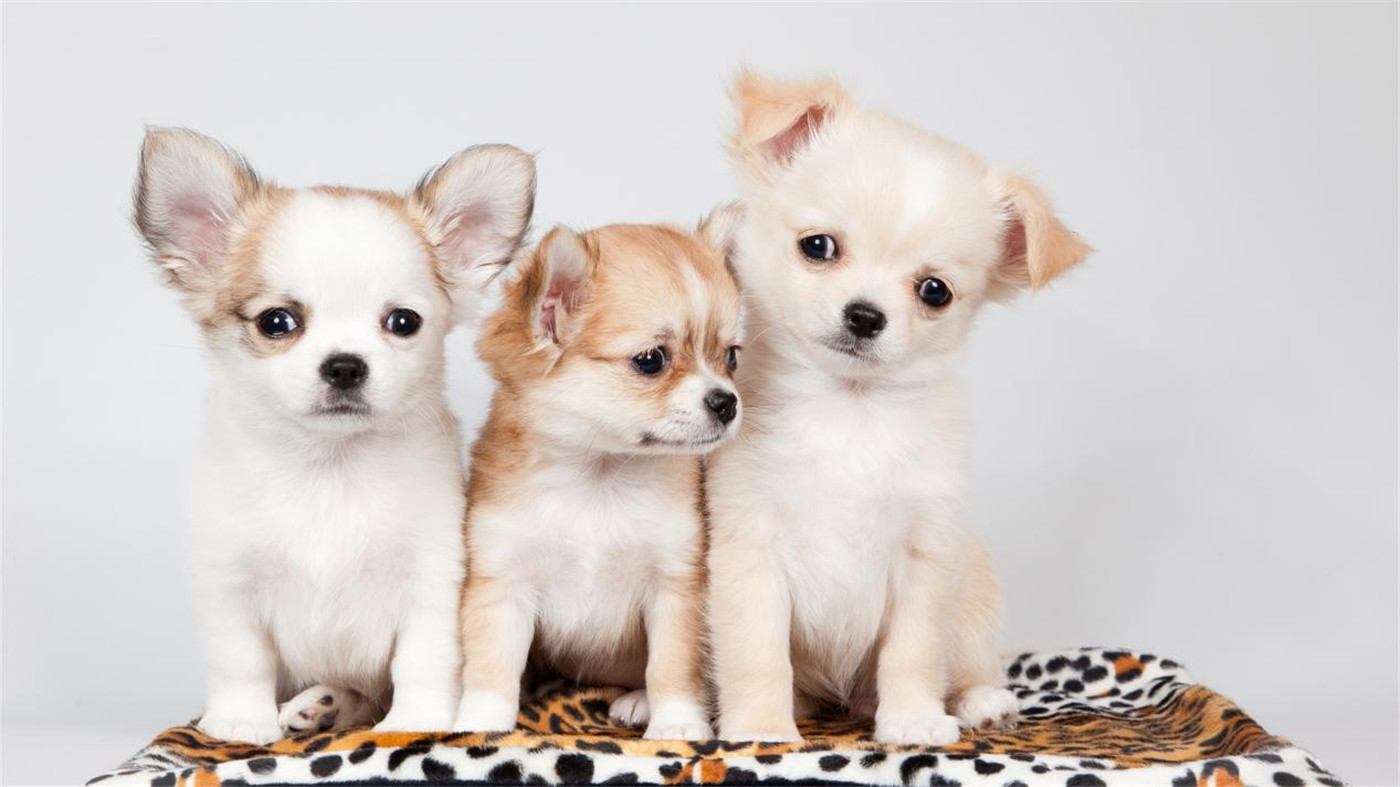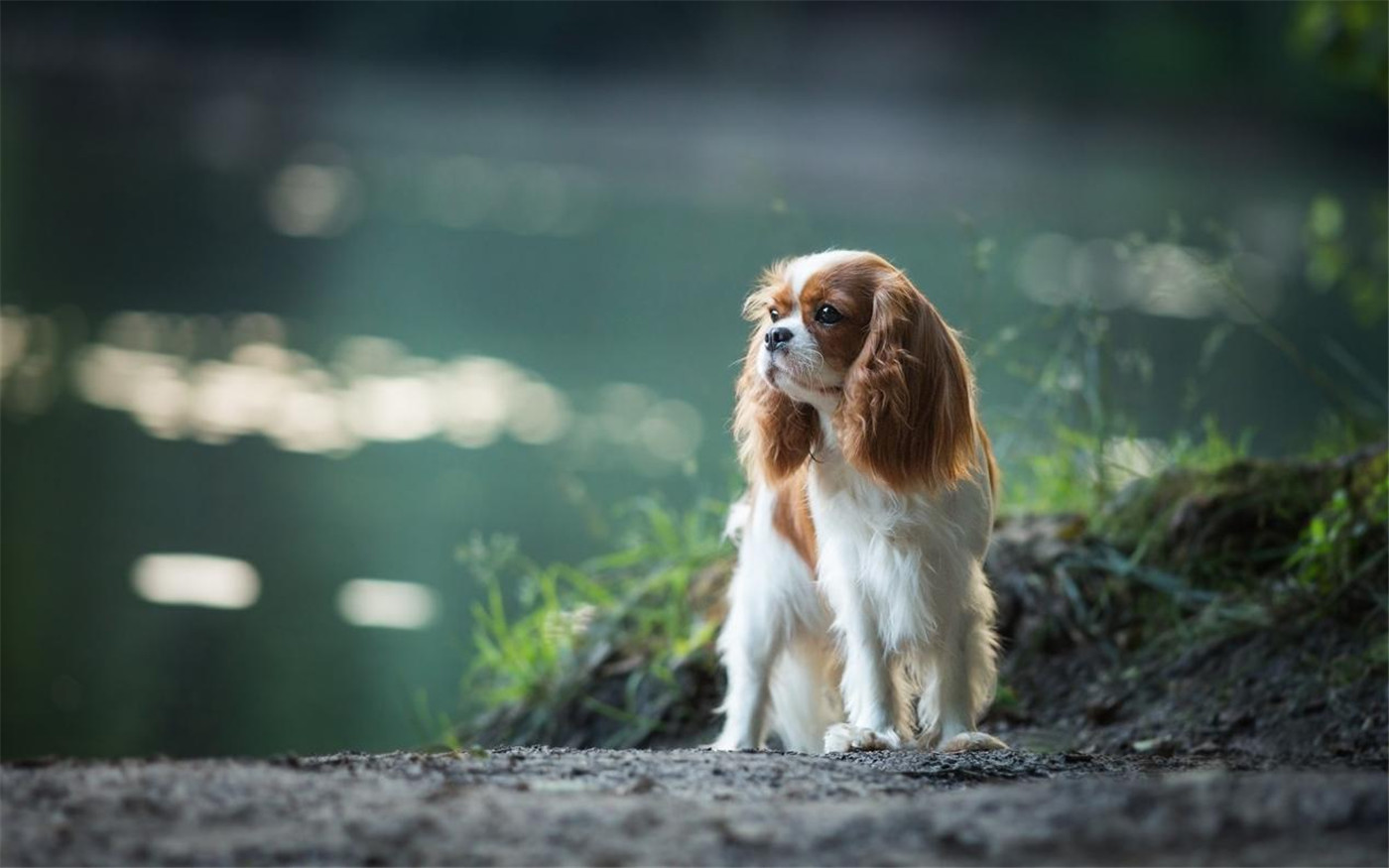Do you want to raise a cute puppy?
The following will tell you in detail how to take care of them, especially what you should do when the dog mother is not very conscientious.

1. Before the puppies come, prepare the kennel one week in advance, and then let the bitch adapt to the kennel.
As the bitch adjusts to the kennel, keep her confined to the kennel. It might walk around or hide under bushes, but you can't let it do that.
2. The size of the kennel space depends on the breed of the dog.
It should take about twice as much space to settle the bitch. The fence should be high enough to keep out cold drafts, but low enough to allow the bitch to get in and out. Newborn puppies need an ambient temperature of 32.2 degrees Celsius, and they cannot control their body temperature by themselves, so a heat source must be provided. There must be a mild heat source and an unheated area. If the puppy feels cold, it will crawl towards the heat source, and if it feels too hot, it will automatically crawl away from the heat source. An electric blanket turned on low and covered with a towel is a good source of heat. An experienced female dog will lie down next to the newborn puppy for the first four or five days, using her own body heat to keep the puppy warm. But an electric blanket covered with a towel will do the trick if he's not around the puppy.
3. During the first three weeks, the newborn should be weighed every day (using a postal scale).
If weight is not gaining steadily, food is not being provided adequately. It may be that the bitch's milk is not enough. If it is bottle-fed, it means that you are not feeding enough.
4. If bottle feeding is required, please do not use milk.
Use goat's milk (fresh or canned), or prepare your bitch's milk substitute. When adding water to canned milk or formula, be sure to use distilled water, or the puppy will suffer from diarrhea. For the first few weeks, they cannot tolerate bed bugs in the tap water. Newborn puppies need to be bottle-fed every 2 to 3 hours. If there are plenty of caretakers available, they can be fed day and night. If it's just you, get 6 hours of rest every night.
5. Unless the puppy is very small, you can use a human baby's feeding bottle/nipple, the nipple of the feeding bottle for pets is not easy to produce milk.
Do not use a straw or dropper unless you are experienced. Newborn puppies have tiny stomachs and can't close their throats, so if you fill their stomachs and esophagus full, the milk will flow into their lungs and drown them.
6. As the puppy grows, its stomach will gradually become larger, and the feeding interval can be extended at this time.
By the third week, you'll be able to feed every 4 hours and add small amounts of solid food.

7. You can start adding a little baby cereal to their bottle and use a pacifier with a slightly larger mouth. Gradually add a small amount of baby rice every day, and then start adding meat suitable for puppies. If the bitch is providing enough milk, you don't need to offer this prematurely and can go straight to the next step.
8. In the fourth week, mix the milk, cereal, and thin meat like pudding, and pour it into a small dish.
Support the puppy with one hand, hold the plate with the other, and encourage the puppy to suck food from the plate on his own. In a few days, they'll be able to figure out how to lick their food instead of sucking. Continue to support the puppy while eating until it can stand on its own legs.
9. Puppies generally sleep day and night, and only wake up during short feeding times.
They will wake up several times during the night because they want to eat. If no one is awake to feed them, they will be hungry in the morning. They can be tolerated, but it's still best if someone feeds them at night.
10. It is not necessary to bathe puppies, but they do need to be wiped down with a damp towel after each feeding.
In order to ensure the cleanliness of the kennel, the puppies will not excrete unless they feel their mother's tongue cleaning their buttocks. If the bitch doesn't do that, a warm, damp washcloth can be used instead. Once they can walk on their own, they don't need your help.
11. Feed the puppy as much as it can eat.
As long as the puppy is feeding on its own, you won't overfeed it because you can't force it to eat. As mentioned above, the first solid foods are a mixture of baby cereal and meat. After five weeks, high-quality dog food can be added. Soak dog food in goat's milk, then grind it in a food processor and add to the mixture. Gradually make the mixture less and less sticky and firmer each day. After six weeks, give them some crunchy dry dog food in addition to the mix mentioned above. At eight weeks, the puppy is able to use dog food as its main food and no longer needs a mixture of goat milk and baby rice.
12. Cleanliness requirements.
In the first few days after giving birth, the female dog will discharge fluid every day, so the bedding in the kennel should be changed every day during this period. Then there will be two weeks when the kennel will be cleaner. But once the puppies can stand up and walk, they will walk on their own initiative, so you start to need to change the pads of the kennel every day again. If you have tons of towels, or preferably old hospital mattresses, you can defer the daily dry cleaning to a few weeks.
13. Exercise needs.
For the first four weeks, puppies will remain in the crate. After four weeks, after the puppy can walk, it needs some exercise. They are too small and weak to go directly outside except in the height of summer and to be protected from other animals. It is best to use a kitchen or a large bathroom, which allows the puppies to play and run freely. Put the rugs away because you don't want your dog peeing on them. You can lay out a dozen newspapers, but the downside is that the ink from the newspapers will get all over the puppy. And you need to change the newspaper many times a day, and you have to deal with mountains of soiled newspapers. The best way to do this is to just pick up the poop and then wash the floor 2 or 3 times a day.
14. Requirements for human/dog interaction.
Puppies should be cared for and loved from birth, especially by gentle adults, not small children. Hand feed them when they start receiving solids and play with them when they are just walking. When eyes are open, the puppy should recognize the human as its mother. This will lead to a good personality in the growing dog. Puppies need to be around other dogs when they are 5 to 8 weeks old. At least his mother or another good adult dog; preferably a playmate of his size. From an adult dog, a puppy can learn to behave (Don't touch my dinner! Don't bite my ear!), and learn from other puppies how to navigate confidently in dog society. Puppies should not be separated from their mother or playmates until they are 8 weeks old (at least). 5 weeks to 8 weeks is the best time to learn how to be a good dog.
15. Immunization requirements.
The puppies start their lives inheriting the immunity of the mother dog. (Note: so make sure their mother is fully immune before mating!) Sometime between 6 and 12 weeks, immunity wears off and puppies become susceptible to disease. You can start vaccinating your puppy at week six and continue until week 12 because you don't know when the puppy will lose immunity. Vaccinations do no good until it loses immunity. After losing immunity, puppies are at risk until the next vaccination. Therefore, it should be injected every 1 to 2 weeks. The last injection (including rabies) was at 16 weeks, then the puppies were safe. Puppy vaccines are not complete protection, so keep puppies in isolation for 6 to 12 weeks. Do not take it into public places, keep it out of contact with other dogs, and if you or your family has taken care of other dogs, be careful to wash your hands before taking care of the puppy.
Tips
A litter of puppies is pretty darn cute, but make no mistake, raising a litter is hard work and demanding on time.
When grinding soaked dog food, add a small amount of baby cereal to the mixture. Its glue-like texture will prevent wet dog food from spilling out of the food processor and creating a mess.
Post time: Nov-29-2023









